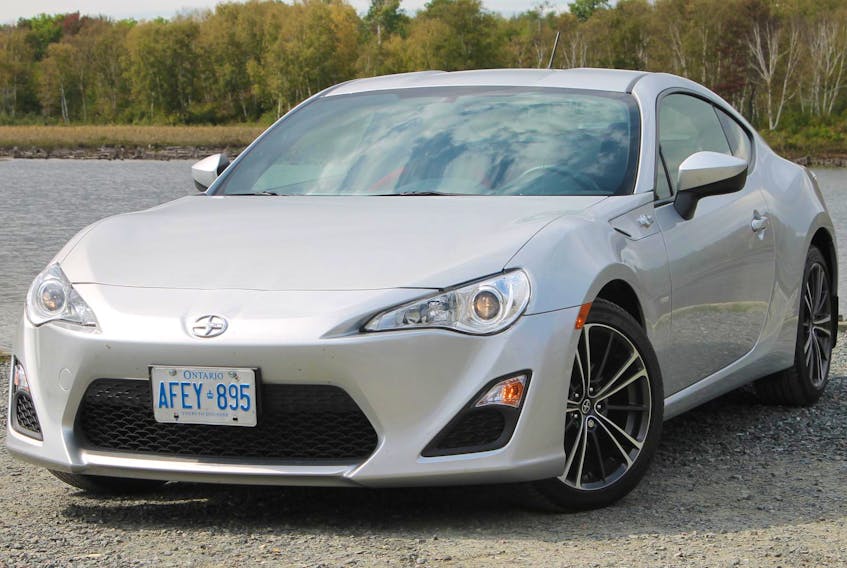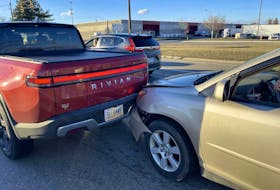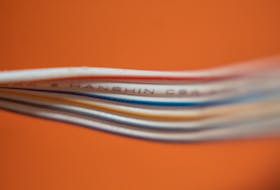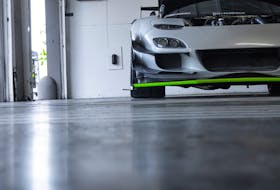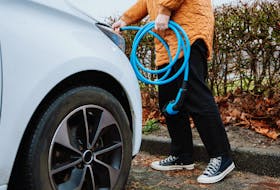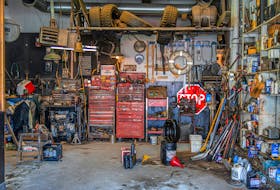With the warm weather in full swing across much of the country, many Canadians are considering a new-to-them sports car to enjoy during the coming warm-weather travel season.
For this week’s used car tip guide, we’ll highlight some useful checks, tips and advice to consider before buying any used sports car, every single time.
Whether you’re after a Mitsubishi Evolution, Hyundai Veloster, Chevrolet Corvette, Ford Focus ST, Porsche Boxster, or anything else, bear the following in mind for best results.
Direct injection engine care
Many modern cars, including sports cars, run a direct injection engine, which sees fuel sprayed under extreme pressure, directly into the combustion chamber.
Commonly, direct injection engines are labelled GDI, TFSI, DI and even T-GDI, though other abbreviations are possible.
Many owners have reported issues with accumulations of valve gunk as this type of engine ages. This seems to be a characteristic of this type of engine, regardless of brand or model. To protect yourself from possibly-harmful valve-gunk problems, plan on the following:
Determine if the engine in the used vehicle you’re considering has direct injection, or not. A google search, or a look at the vehicle’s online specification page, may be useful here.
- Have the vehicle subjected to a computerized diagnostic scan before you buy it. If the scan reveals a code referencing an engine misfire, further investigation for valve gunk is advisable. Note that this step should be completed, whether or not a check engine light (CEL) is apparent.
- Confirm that the vehicle has had all oil, filter and spark plug changes completed on time, every time. Confirm that the vehicle has only been fuelled with high-quality fuel from a reputable retailer, too. Finally, plan to stick to these steps during ownership.
- Use only factory-recommended engine oil and filters, and (especially) spark plugs. Follow the ‘severe’ service schedule for spark plug changes, and change the plugs not a moment later. The earlier the better.
Tires and brakes
Tires and brakes are like pencil erasers, they wear down a little bit each time they’re used until they need to be replaced.
Sports cars tend to go through tires and brakes more quickly than most other vehicles, so approach any used sports car assuming it’ll need $1,500 worth of tires and brake parts, until you (or a qualified professional) determines that this isn’t the case.
Before you buy is the best time to determine if the selling individual or dealership would rather you foot the bill to replace worn tires and brakes.
Beware of modifications
I push this point a lot, and I’ll do it again here: the average shopper is best advised to avoid buying a used sports car that’s been modified by its past owner, especially with non-factory parts and (even more so), with non-factory engine programming, which may take the form of a chip or power tune.
The reason? Modifications like these can negatively affect the reliability and durability of the vehicle, and will likely void any remaining warranty coverage, even if the offending parts or software are removed before a warranty appointment.
Service advisor Lori Boerio provides an important reminder.
“We’ve seen several owners buy new sports cars, add a computer program that turns the power up from the engine, and then suffer engine damage later on. The damage to the engine is typically fairly destructive,” says Boerio.
“Some of the offenders believe that removing the software protects them, and that we’d be replacing their engine under warranty. This isn’t the case and we have very effective ways to tell if the engine computer has ever been tampered with or reprogrammed. I’ve denied warranty claims to several customers based on this — they’re usually furious, but no warranty covers engine damage caused by the use of non-factory parts or programming.”
How’s the clutch?
Some drivers can make a clutch last the life of the vehicle and others can destroy one in a year.
The following test can be useful to see if the sports car you’re considering needs a new clutch soon: Simply apply full throttle at low revs while climbing the steepest hill possible.
For instance, place the car in 4th gear at about 60 km/h, and “floor it” for the duration of the hill, where appropriate.
If the clutch in the vehicle is worn badly, this test will likely make it slip, indicating that you’ll be on the hook for a replacement soon.

